EBPOM 2020 London | “The Business Case: UK” by Kay Mitchell
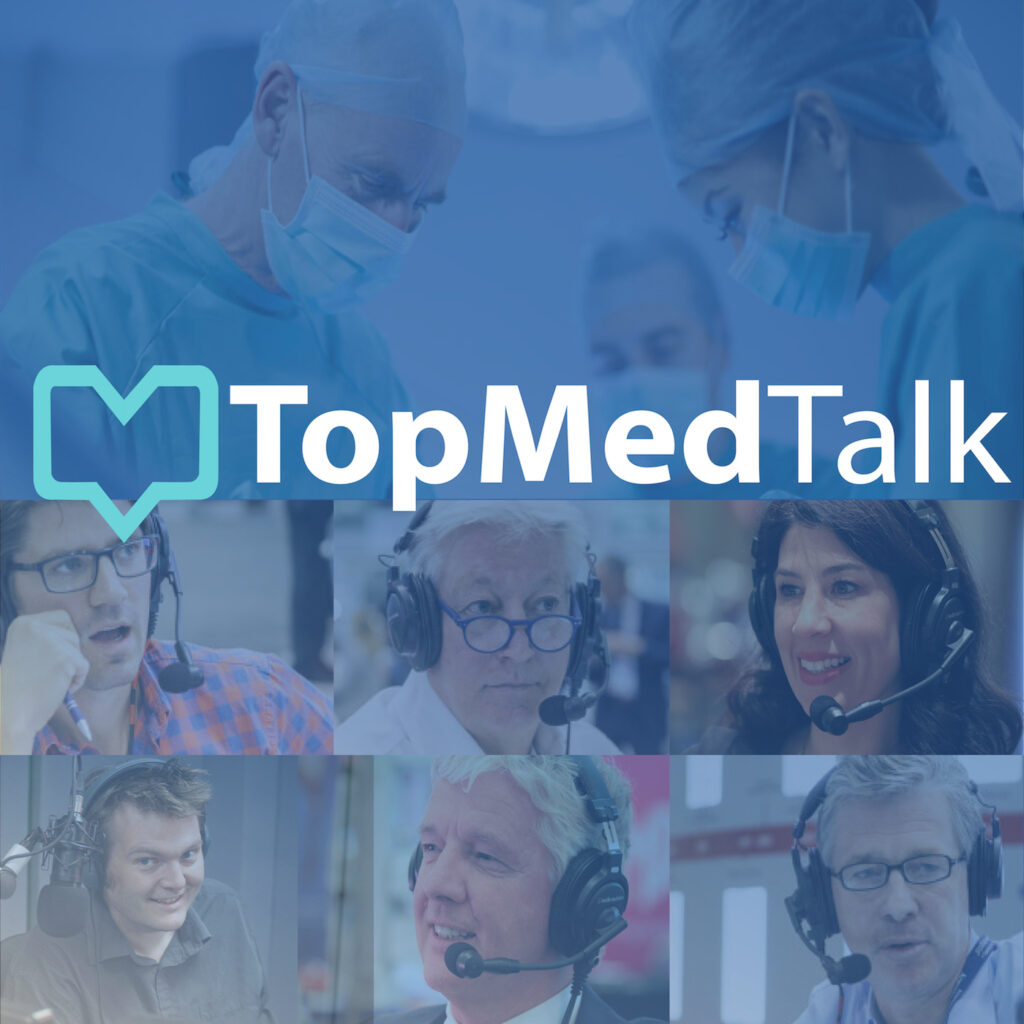
This piece presents an invaluable wealth of first hand experience in setting up various business cases in relation to perioperative medicine in the UK. At University College London (UCL) cardiopulmonary exercise testing (CPET) was set up as a research tool “but then clinicians came, became interested in the results of the tests and started to ask for tests to be done on their patients for clinical evaluation”. An external contractor model, using a charitable organisation, enabled them to charge the NHS for these tests; as the service expanded they were able to expand to other clinical sites connected with UCL, published early data on outcomes and obtained grant funding to look at a robust evaluation model. Hear how this model was refined and the idea has evolved during its growth within the UK’s National Health Service (NHS). Also, consider what other models could apply this thought process; learn how new perioperative care pathways offer interesting opportunities in these areas. This piece is further enhanced by the discussion we released recently on the same topic: https://www.topmedtalk.com/ebpom-london-2020-the-business-case-for-prehabilitation/ Presented by Kay Mitchell, Senior Research Manager for Critical Care Research, NIHR Biomedical Research Center, University Hospital, Southampton, UK.
Healthy eating and cancer | TopMedTalk & MacMillan Cancer Support
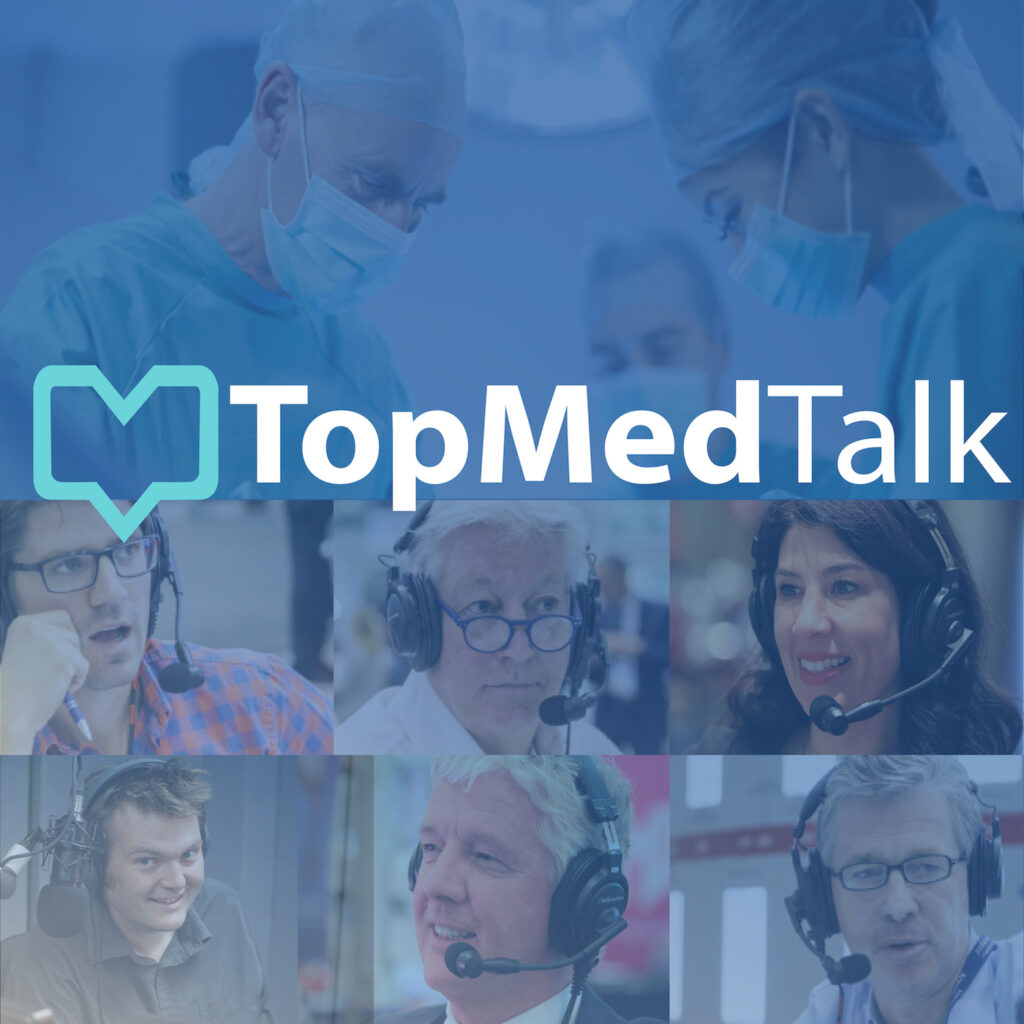
TopMedTalk in Collaboration with MacMillan Cancer Support in the UK developed this podcast series to support patients during their cancer journey amidst the COVID 19 crisis. We know food gives us energy “but it also provides so much more”. This podcast looks at the raw materials you’ll need, when facing a cancer diagnosis, to get a better outcome; the vitamins, minerals and proteins, as well as the energy sources you’re best using. What is a balanced diet when you have cancer? “We’re talking about eating well to stay well […] we’re not really looking for people to lose weight”; it’s often important for people to try to maintain their weight during a cancer diagnosis, should you track your weight throughout your cancer journey? Recorded at the height of the COVID 19 crisis this podcast also reflects upon how this information is applied in the context of a global pandemic. What foods can we store which also contain the vital building blocks of our body’s natural defenses? Presented by Nick Margerrison with his guest Clare Shaw, consultant Dietician at The Royal Marsden NHS Foundation Trust. For more information, in the UK, phone: 0808 808 00 00 email: CancerPrehabilitation@macmillan.org.uk Twitter: @macmillancancersupport
Get active and feel good? | TopMedTalk & MacMillan Cancer Support
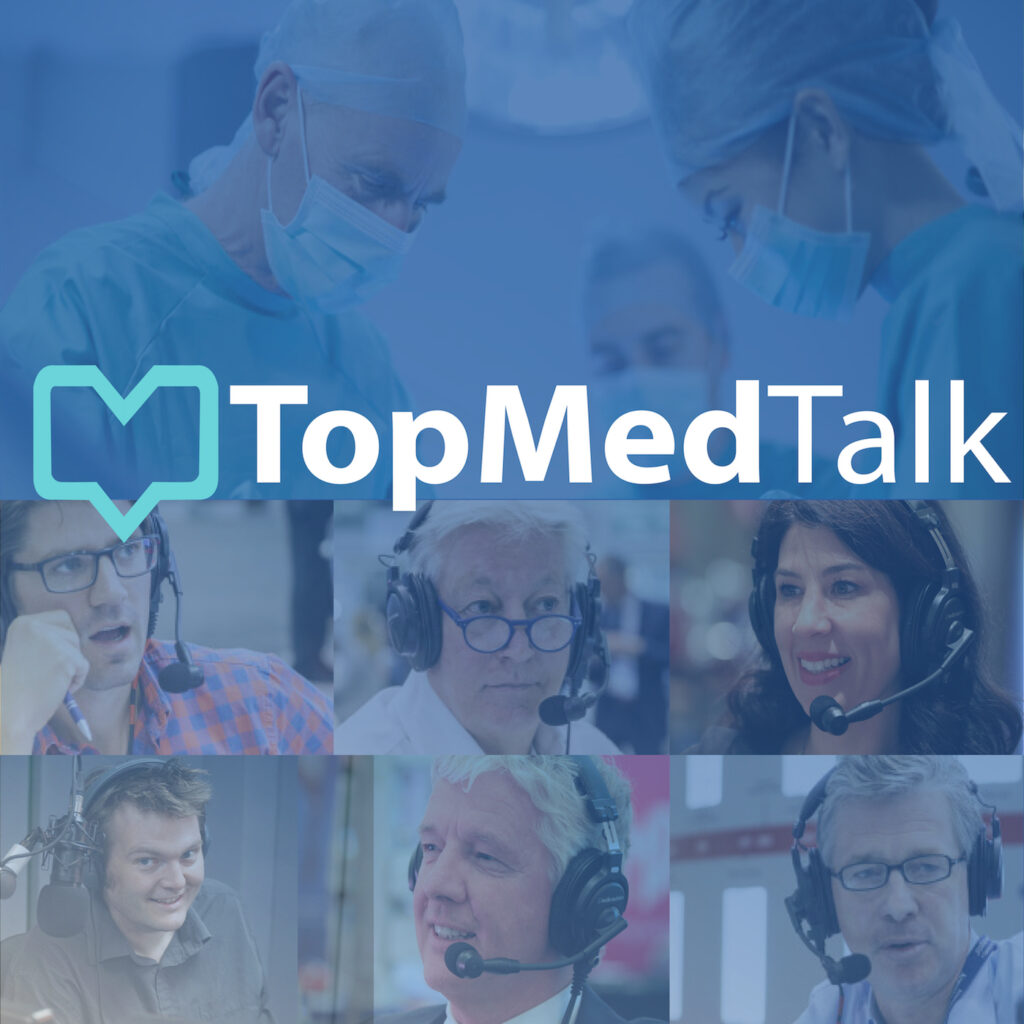
TopMedTalk in Collaboration with MacMillan Cancer Support in the UK developed this podcast series to support patients during their cancer journey amidst the COVID 19 crisis. It’s vital you remain active after a cancer diagnosis, why is this? Hear the fascinating story behind the discovery that activity not only reduces your overall levels of fatigue but also improves your chances of recuperation. “You have to pace yourself […] listen to your body”; but any physical activity will help fight feelings of tiredness. In short, if you get active you feel good. Also in this podcast, with direct reference to medical trials and studies, our guests give you the mechanism behind incredibly helpful changes caused by moderate exercise in cancer patients, evidence which has led medics to conclude that “exercise is real medicine”. “When we’re talking about being active during cancer it’s at any stage of the cancer journey: from prehabilitation through recovery”. Prehabilitation is the process by which people prepare their bodies for a major obstacle such as an operation or chemotherapy. It’s like rehabilitation but it takes place before the event. Just as when you start your recovery after treatment you would expect to get your body back to full health, here you try to achieve the best possible physical health before you start. The key point is that the medicine of exercise can be useful from diagnosis right through to full recovery and beyond. Again, with direct reference to the evidence, find out how incredible research into prehabilitation is changing the way we think about cancer and recovery. Recorded specifically at the height of the COVID 19 crisis hear how this research is being applied in the context of a global pandemic. Group forms of exercise are not an option while social distancing restrictions are in place, can exercising with other people bring us special benefits? If so, can those benefits be matched if we use the internet to continue the social side of going to a gym or a class? Presented by Nick Margerrison with the Professor of Clinical Exercise Science, Anna Campbell, MBE, of Edinburgh Napier University and the director of CAN Rehab and the Professor of Prehabilitation Medicine, Sandy Jack, a consultant clinician scientist from The University of Southampton and University of Southampton NHS Foundation Trust . For more information, in the UK, phone: 0808 808 00 00 email: CancerPrehabilitation@macmillan.org.uk Twitter: @macmillancancersupport
Mental well being for the patient | TopMedTalk & MacMillan Cancer Support
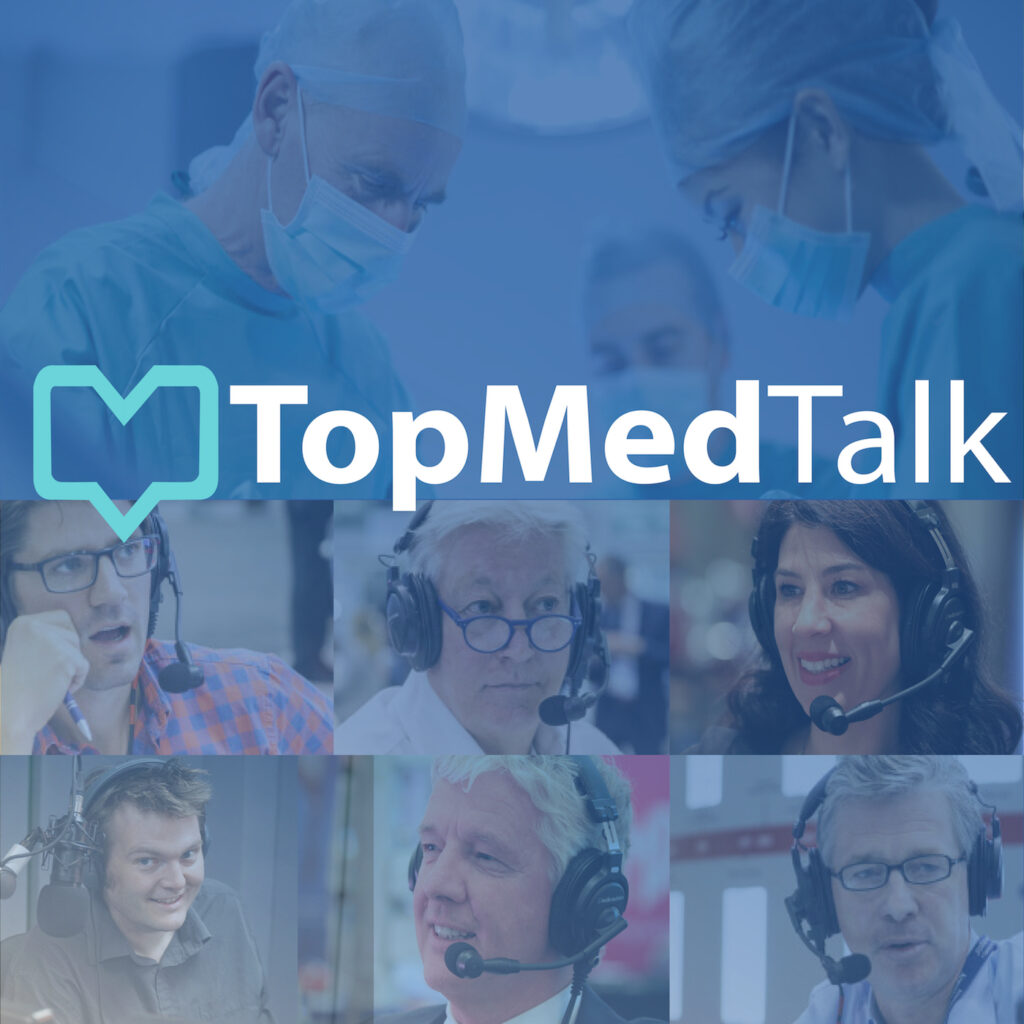
TopMedTalk in Collaboration with MacMillan Cancer Support in the UK developed this podcast series to support patients during their cancer journey amidst the COVID 19 crisis. “It’s very normal to sit with some difficult thoughts and feelings” after a cancer diagnosis. Broadly there are two types of mindsets; anxiety, which can be helpful, an element of wanting to ‘do something’ and, on the other hand, low mood, a feeling of not wanting to do anything, this can be unhelpful if not addressed at a certain level. We should expect both of these mindsets the question is ‘how does the latest scientific research show can we control them’? Your body and mind are not separate, one effects the other, this is why it is so important we look at mental health as part of an overall approach. “You can do quite a lot of things […] that put you into a better mood”; exercise, meditation, even simple breathing exercises. Spending time communicating with friends and family is another suggestion. Recorded at the height of the COVID 19 crisis this podcast also reflects upon how this is applied in the context of a global pandemic; how important is it that people engage with online facilities and opportunities to maintain relationships? “In an odd way the relationships seem to intensify”. It’s not about ignoring negative feelings though, anxiety and low mood are very common for people with a cancer diagnosis. Hear how it is important to allow yourself to reflect, part of understanding your mental health is about regaining control, we are allowed to let ourselves feel difficult thoughts as part of the process of monitoring and working with them. This podcast also contains a reminder about the importance of goal setting in allowing people to regain control over their lives. Small, realistic and specific, short term goals are useful at this particular stage of life; “start with the thing you are most confident you are able to change […] make a day and a time that you’ll stick to”. Presented by Nick Margerrison with his guests Judit Varkonyi-Sepp psychologist, psychology lead for the Wesfit prehabilitation programme and Chloe Grimmett, behavioural scientist and lead for Wesfit prehabilitation. For more information, in the UK, phone: 0808 808 00 00 email: CancerPrehabilitation@macmillan.org.uk Twitter: @macmillancancersupport
TopMedTalk | Perioperative medicine and being a good sport

Why has ‘prehabilitation’ suddenly picked up pace in terms of both practice and interest? This piece takes a serious look at the widening interest in an idea familiar to many sportsmen. Learn how the marginal gains we get through the application of science to optimise the moment of surgery as a real opportunity to apply everything we know. Also; what are ketones and how can they be used to promote health? Presented By Desire Chappell and Monty Mythen with their guests Gerard Danjoux, consultant in Anaesthesia and Sleep Medicine at South Tees Hospitals NHS Trust and Ken Van Someren, Director KvS Performance Ltd.
EBPOM | Malnutrition and functional capacity
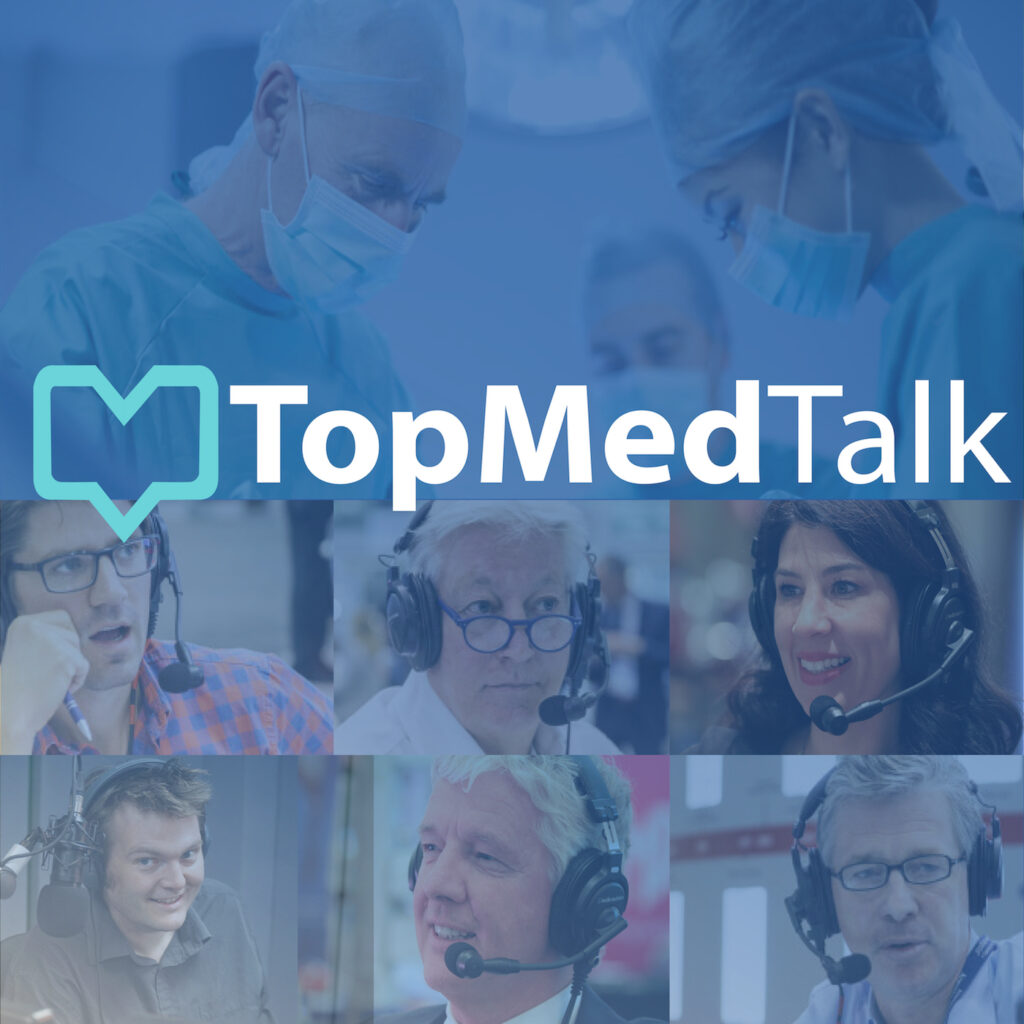
This piece is taken from the free papers presentations given at EBPOM 2019. Malnutrition and functional capacity; what is the effect of multimodal prehabilitation? What can the six minute walk test really show us? Does nutritional status predict preoperative change in a six minute walk test in colorectal cancer patients following a prehabilitation programme? Presented by Lauren Richer, Director, Nutritional Services, Keyto, Registered Dietician, Greene Family Medicine Clinic and Montreal General Hospital, Montreal, Quebec.
EBPOM Highlight | The Wesfit trial

Patients with physiological and psychological resilliance have a clear advantage in surgery. The Wessex Fit-4-Cancer Surgery Trial (WesFit) is attempting to determine the effects of multi-modal physical and psychological prehabilitation. This piece gives you the detail and ends with a short informative question and answer session. Presented by Samantha Leggett, Study Director, University Hospitals Southampton NHS Foundation Trust.
EBPOM 2019 | Nutrition and surgery- a Dietician’s perspective
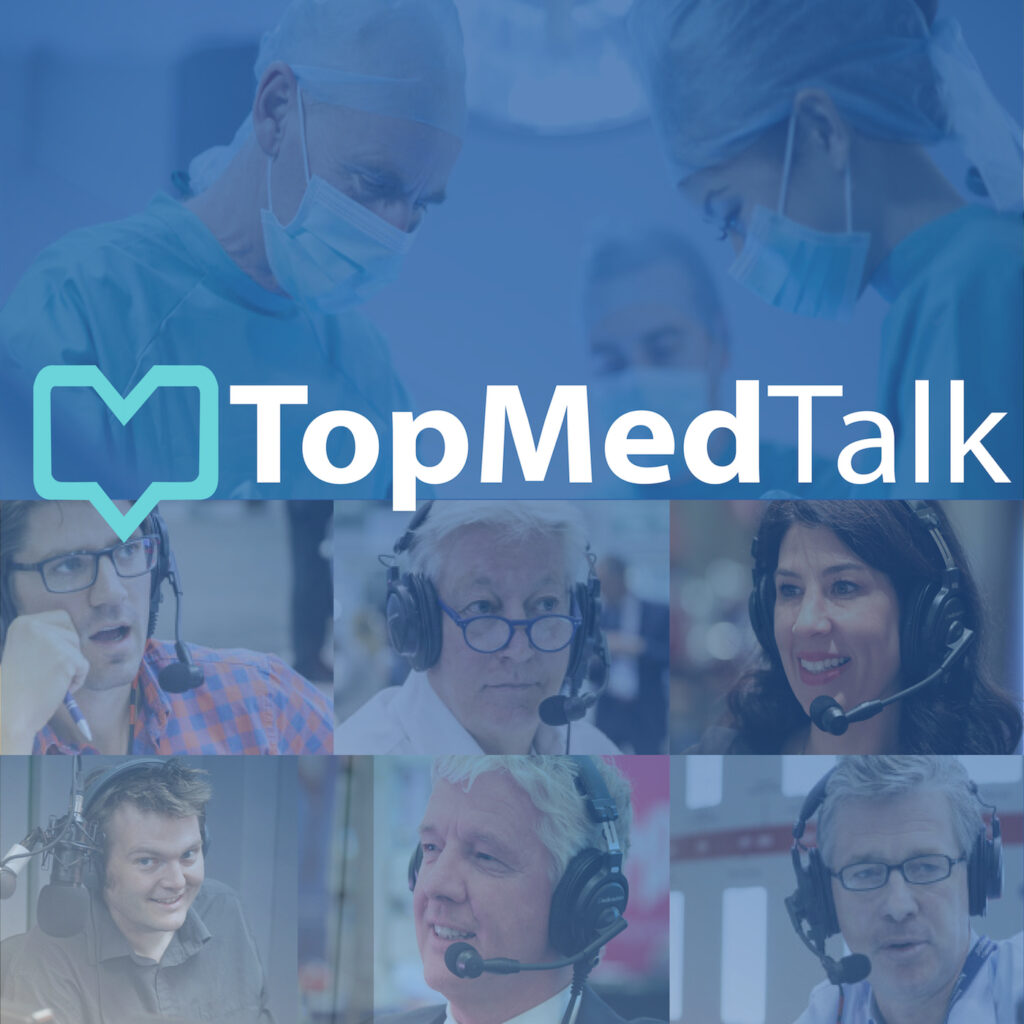
What are the two prime components of any good nutrition programme? How is avoiding malnutrition different from supporting anabolism? What’s the best way to screen patients for malnutrition risk? How can a patient’s anthropomitry be assesed alongside their stated needs and preferred outcomes? How important are protein supplements? What are the wider benefits of a good diet? How do we devise nutrition care plans for malnurished patients who need a more aggressive approach? Is it fair to say that everybody can benefit from some nutritional consultation day a dietician? What are the data and studies which support prehabilitation nutritional programmes? Presented by Chelsia Gillis, Registered Dietitian, Canadian Vanier Scholar, and PhD Candidate in Epidemiology at the University of Calgary, Canada, she is leading the first prehabilitation program for colorectal surgery in Alberta.
EBPOM 2019 | The Barcelona experience

What can the experiences of a team who helped to introduce pre-operative assesment and prehabilitation to Barcelona teach us about how to most effectively implement and sustain similar programmes where we are? How and why is prehabilitation helpful in terms out outcomes and value based care? How long can the benefits of prehabilitation be maintained? What is the value of nutritional consultation, how important is it to asses your patients pre-operative protien intake? Would it help to offer all of your patients mindfullness sessions? How important is it to include patient’s partners or carers in sessions? Also, is it possible for you to tap into and harness the enthusiasm of sporting professionals? Presented by Graciela Martinez-Palli, Consultant in the Department of Anaesthesia and Perioperative Care at Hospital Clinic, Barcelona. She attends as anaesthesiologist for oncologic digestive surgery and liver transplantation.
EBPOM 2019 | Prehab trials; international study
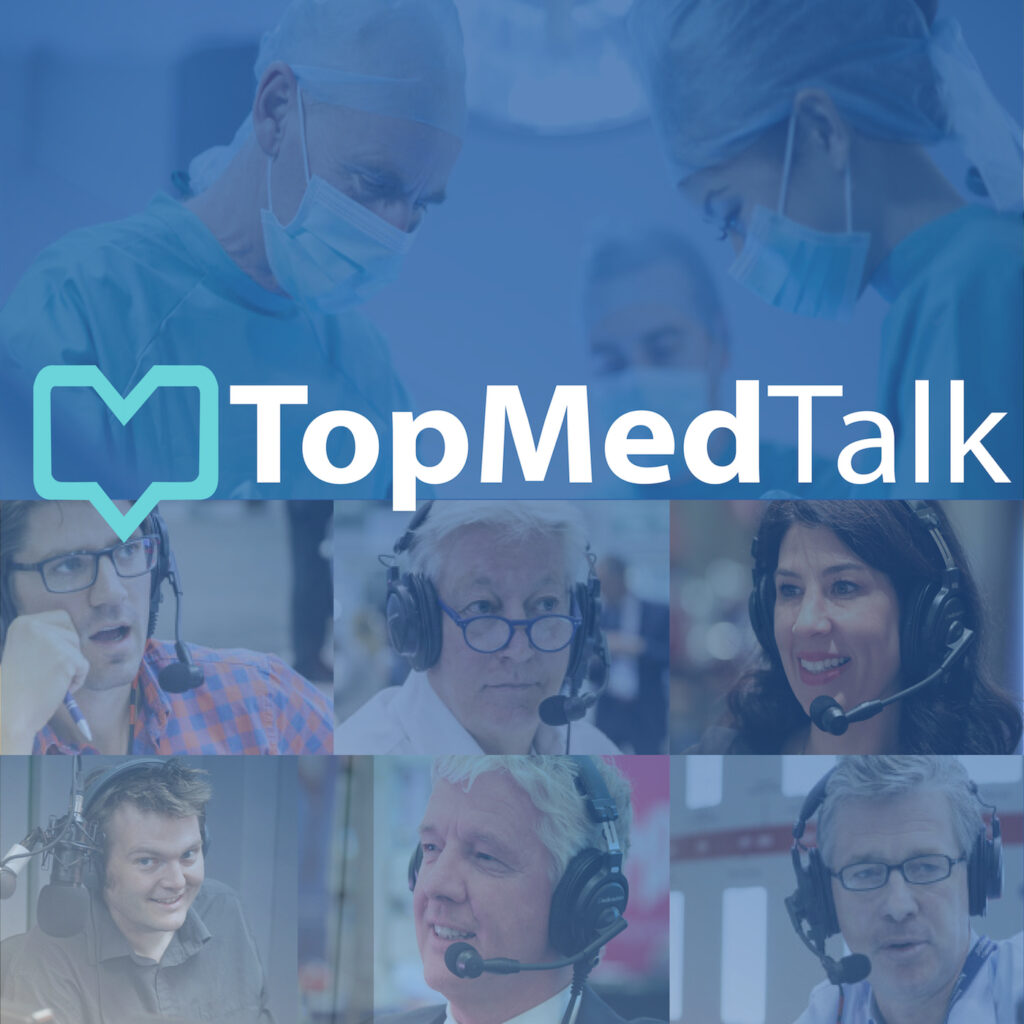
The International PREHAB trial. This short piece explains the trial’s protocol and the scope of the study. Presented by Charlotte Molenaar, PhD Candidate, multimodal prehabilitation in colorectal cancer care, BIJ Maxima Medisch Centrum, Coordinator of the international PREHAB trial.
